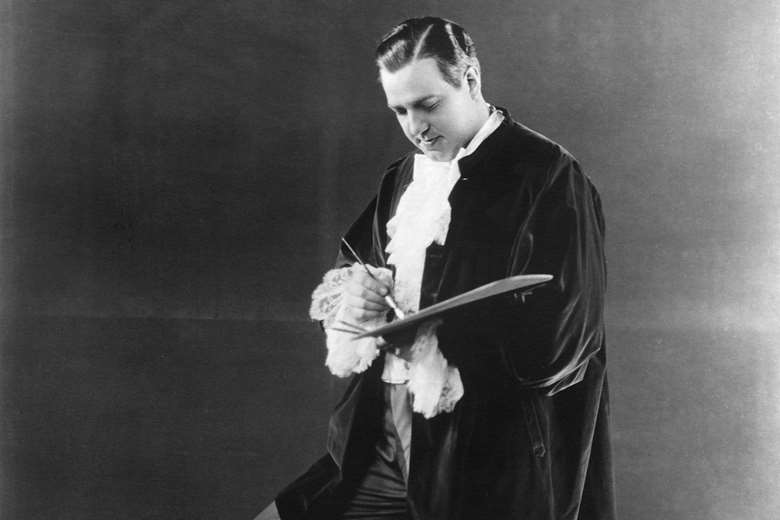Icon: Richard Crooks
Jeremy Nicholas
Friday, September 6, 2024
Jeremy Nicholas celebrates the US tenor with a repertoire that spanned a wide variety of genres – a major star of the Met Opera who became a household name through radio

Register now to continue reading
Thanks for exploring the Gramophone website. Sign up for a free account today to enjoy the following benefits:
- Free access to 3 subscriber-only articles per month
- Unlimited access to our news, podcasts and awards pages
- Free weekly email newsletter












